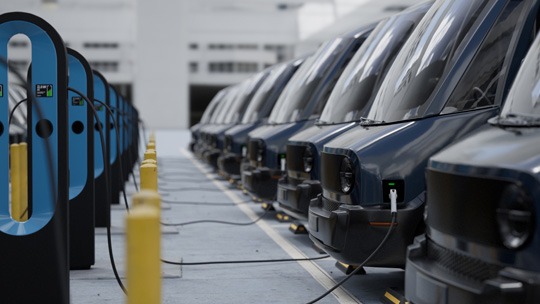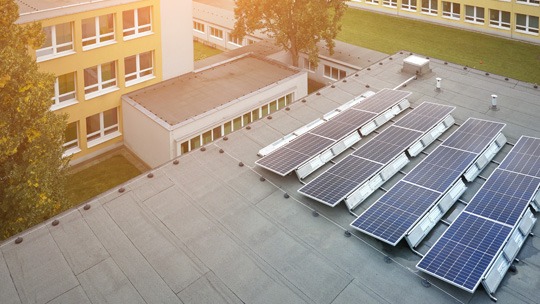
Resources

Ameren Illinois Energy Efficiency Program
Save on energy costs by incorporating energy efficiency upgrades into your school. Incentives are available to help offset out-of-pocket costs.

Financial Support
Various federal, state and local grants and tax credits are available to help transition to clean energy.

Fleet Assessment Program
Electric vehicles can help establish your school district as a leader in sustainability and innovation.

Solar Program
With new and emerging technologies, more people are searching for ways to utilize renewable resources to power their homes or businesses, help the environment and save money.

Builder Operator Certification (BOC) Training Opportunities
BOC training is available for school maintenance staff to enable better facilitation of energy efficiency and maintenance projects and procedures.

Scholarship Opportunities
Various scholarships are available for students to apply for and jumpstart their future career in energy efficiency. Contact Alex Deeb for more information.
Public Schools Carbon-Free Assessment Financial Resources
- Illinois Clean Energy Community Foundation Grants
- Net Metering
- U.S. Department of Energy - Loan Guarantee Program
- Clean School Bus Program
- K-12 Solar Schools Grant
- Illinois Shines Renewable Energy Credits
- The School Maintenance Grant Program
- School Construction Grant
- The Investment Tax Credit
- Qualified Commercial Clean Vehicle Tax Credit
- Direct Payment through the Inflation Reduction Act
The Illinois Clean Energy Community Foundation (ICECF) was established in December 1999 as an independent foundation with a $225 million endowment provided by Commonwealth Edison. The ICECF invests in clean-energy development and land-preservation efforts, working with communities and citizens to improve environmental quality in Illinois. The ICECF provides competitive grants to programs and projects that improve energy efficiency, develop renewable energy resources, and preserve and enhance natural areas and wildlife habitats in Illinois.
Learn More
Illinois enacted S.B. 680 in August 2007, requiring investor-owned utilities and alternative retail electric suppliers in Illinois to offer net metering. Municipal utilities and electric cooperatives are not required to offer net metering.
The U.S. Department of Energy Loan Guarantee Program, administered by the Loan Programs Office (LPO), offers loans and loan guarantees to support the deployment of innovative clean energy, advanced transportation, and tribal energy projects across the United States.
The Clean School Bus Program, funded by the Bipartisan Infrastructure Law, is a nationwide initiative administered by the U.S. Environmental Protection Agency (EPA) to replace existing school buses with zero-emission and low-emission models. The program has allocated $5 billion over five years (FY 2022-2026) for this purpose.
Supports the installation of a 1 kW photovoltaic (PV) system. Public K-12 schools may apply for up to $6,400 or 90% of solar system and installation costs.
Brand name of the Adjustable Block Program, a state-administered program for new solar photovoltaic systems. The program provides payments in exchange for 20 years of Renewable Energy Credits (RECs) generated by new PV systems on site.
Dollar-for-dollar state matching grant open to school districts, cooperative high schools, vocational centers, and special education cooperatives.
Contributes to the cost of building or renovating public school buildings, based on enrollment and needs of the district. The program historically has covered between 35% and 75% of the cost to build or renovate buildings.
Federal incentive equal to 30% of eligible expenses for qualifying installations and entities.
Tax credit for qualified commercial clean vehicles purchased on or after January 1, 2023. To qualify, the vehicle must have a gross vehicle weight rating of less than 14,000 pounds and have a battery rating of not less than 7 kilowatt hours.
Thanks to the Inflation Reduction Act’s “elective pay” (often called “direct pay”) provisions, tax-exempt and governmental entities will, for the first time, be able to receive a payment equal to the full value of tax credits for building qualifying clean energy projects. Unlike competitive grant and loan programs, in which applicants may not receive an award, direct pay allows entities to get their payment if they meet the requirements for both direct pay and the underlying tax credit.
The Illinois Clean Energy Community Foundation (ICECF) was established in December 1999 as an independent foundation with a $225 million endowment provided by Commonwealth Edison. The ICECF invests in clean-energy development and land-preservation efforts, working with communities and citizens to improve environmental quality in Illinois. The ICECF provides competitive grants to programs and projects that improve energy efficiency, develop renewable energy resources, and preserve and enhance natural areas and wildlife habitats in Illinois.
Learn More
Illinois enacted S.B. 680 in August 2007, requiring investor-owned utilities and alternative retail electric suppliers in Illinois to offer net metering. Municipal utilities and electric cooperatives are not required to offer net metering.
The U.S. Department of Energy Loan Guarantee Program, administered by the Loan Programs Office (LPO), offers loans and loan guarantees to support the deployment of innovative clean energy, advanced transportation, and tribal energy projects across the United States.
The Clean School Bus Program, funded by the Bipartisan Infrastructure Law, is a nationwide initiative administered by the U.S. Environmental Protection Agency (EPA) to replace existing school buses with zero-emission and low-emission models. The program has allocated $5 billion over five years (FY 2022-2026) for this purpose.
Supports the installation of a 1 kW photovoltaic (PV) system. Public K-12 schools may apply for up to $6,400 or 90% of solar system and installation costs.
Brand name of the Adjustable Block Program, a state-administered program for new solar photovoltaic systems. The program provides payments in exchange for 20 years of Renewable Energy Credits (RECs) generated by new PV systems on site.
Dollar-for-dollar state matching grant open to school districts, cooperative high schools, vocational centers, and special education cooperatives.
Contributes to the cost of building or renovating public school buildings, based on enrollment and needs of the district. The program historically has covered between 35% and 75% of the cost to build or renovate buildings.
Federal incentive equal to 30% of eligible expenses for qualifying installations and entities.
Tax credit for qualified commercial clean vehicles purchased on or after January 1, 2023. To qualify, the vehicle must have a gross vehicle weight rating of less than 14,000 pounds and have a battery rating of not less than 7 kilowatt hours.
Thanks to the Inflation Reduction Act’s “elective pay” (often called “direct pay”) provisions, tax-exempt and governmental entities will, for the first time, be able to receive a payment equal to the full value of tax credits for building qualifying clean energy projects. Unlike competitive grant and loan programs, in which applicants may not receive an award, direct pay allows entities to get their payment if they meet the requirements for both direct pay and the underlying tax credit.